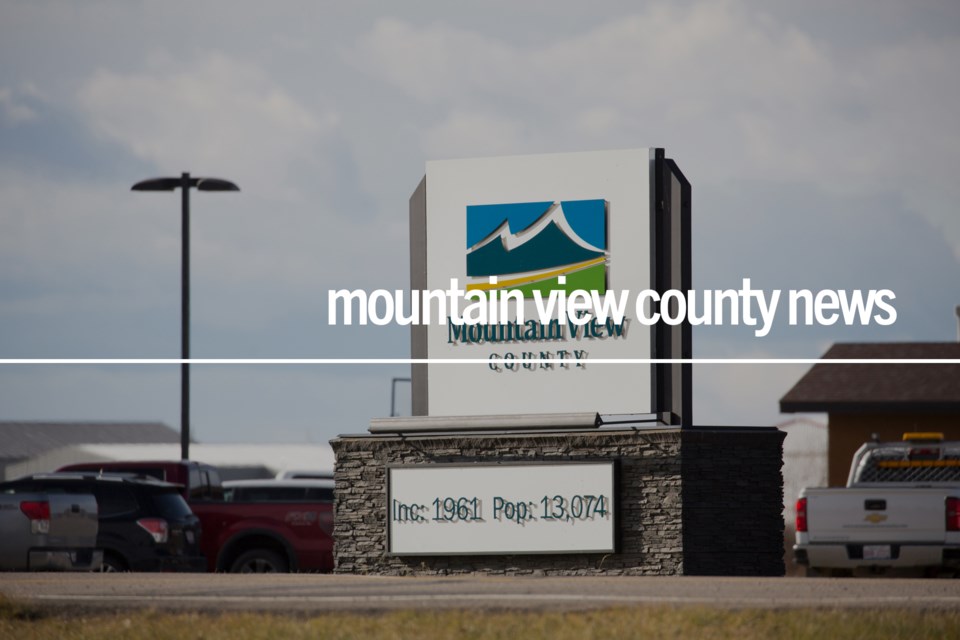MOUNTAIN VIEW COUNTY - The county’s agricultural service board (ASB) has approved a number of ecological enhancement projects under the multi-stakeholder funded ALUS program.
The approval came by way of motion at the board’s recent regularly scheduled meeting, held in person and on Zoom.
The meeting also saw a delegation from ALUS provide an update on the organization’s recent activities and plans.
The ASB is made up of county councillors and appointed members of region’s agricultural community, advising the county and province on agriculture-related issues and concerns. The Oct. 12 meeting was chaired by vice-chair Brent Buschert.
Board members approved funding for 25 per cent of materials, to a maximum of $2,125 for a solar watering system on a tributary to Spruce Creek at E 9-33-27-W5. The system will be used on a 36.4 acre-parcel of riparian pasture.
The board approved funding for 75 per cent of materials, to a maximum of $750 for a riparian fencing project, and 25 per cent of the materials for a winter watering system to a maximum of $2,750 on at tributary of the Rosebud River at E 3-30-29-W4, and additionally $4,980 in annual payments for maintenance of the projects. It will help serve about 100 cow calf pairs.
Members approved funding for 75 per cent of materials, to a maximum of $1,080 for a riparian fencing project on a tributary of the Beaverdam Creek at 15-29-02-W5, and additionally $4,920 in annual payments for the maintenance of the project. It will serve about 50 yearlings.
Members also approved funding for 100 per cent of materials, to a maximum of $3,785 for a riparian fencing project on SE 27-33-06-W5, and additional $1,620 in annual payments for the maintenance of the projects from the 2022 ALUS budget.
“Our 2022 ALUS targets have been met as 12 producers have been approved for ALUS funding impacting 376 actress of wetland, riparian and upland area,” administration said in a briefing note to the board.
Meanwhile, Nicole Baldwin, regenerative agriculture program manager with ALUS, appeared before the board as a delegation at the Oct. 12 board meeting.
She said 61 per cent of ALUS comes from community-sourced income, totalling $5.6 million, with ALUS Canada-sourced incomes accounting for the other 39 per cent, totalling $3.6 million.
Community program income comes from a variety of funding sectors, including 13 per cent from municipal governments ($1.4 million), 21 per cent from provincial governments ($2.2 million), 14 per cent from federal government ($1.5 million), and 18 per cent from individuals ($1.9 million).
ALUS Canada invested $3.7 million to support community programming last year.
The board accepted Baldwin’s presentation as information.


